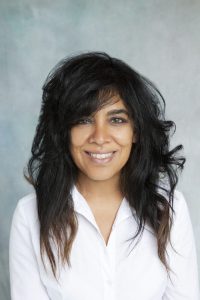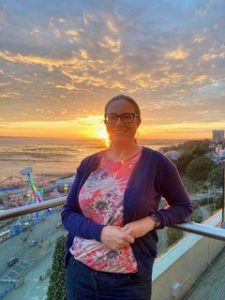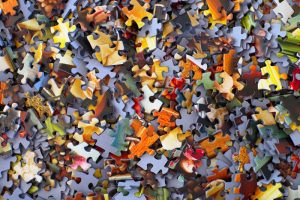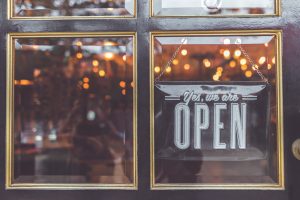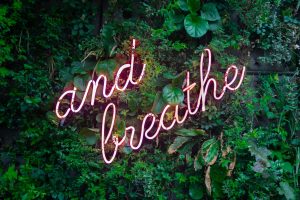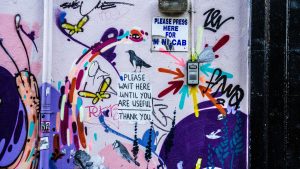
As we move towards the close of this year, our current ‘climate’ brings attention to the species with who we share the biosphere and our basic needs for shelter, food, water, light and love. It’s a time of year often named the ‘season of goodwill’ and there are signs, if we stop to notice, that on a global scale, goodwill is alive.
We are led to believe that this time in our history is where the fight against inequality went mainstream. The International Monetary Fund and the World Bank have agreed to their focus for the coming year – ‘shared prosperity’. The IMF distributed their paper on ‘Redistribution, Inequality, and Growth’ gathering evidence: ‘It would still be a mistake to focus on growth and let inequality take care of itself, not only because inequality may be ethically undesirable but also because the resulting growth may be low and unsustainable.’ Economists are increasingly focusing on the links between rising inequality and the fragility of growth.
In years gone by, the Washington Consensus was about opening up markets and cutting public spending. The new Washington Consensus focus is the need to tackle inequality. A wider group of powerful figures are also getting in on the act. Justin Welby, the Archbishop of Canterbury, Christine Lagarde, the head of the IMF, and Mark Carney, the governor of the Bank of England, discussed how to make global capitalism more inclusive at a panel discussion on ethics and finance at the annual meeting of the International Monetary Fund in Washington in October. The World Economic Forum’s Annual meeting spoke of gender driven growth. Pope Francis warned that the world sees Europe as ‘somewhat elderly and haggard’ during a speech to the European Parliament in Strasbourg. Attitudes from powerful leaders are stirring on a global scale.
Not to end there, Mary Robinson offered a statement on the recent Synthesis Report of the Fifth Assessment of the Intergovernmental Panel on Climate Change (IPCC) in Copenhagen (Nov 2014). ‘The significance of this document lies in its stark findings which have the endorsement of 195 governments. It states unequivocally that the climate is changing, that human activity is the primary cause of these changes and that if we do not take action urgently we will irreparably damage the natural systems on which life depends. Transformative leadership from all levels of community, business and politics can drive world leaders to commit to brave and ambitious actions; the task of shaping an appropriate global response to climate change lies in their hands. Climate action makes sense and the opportunities it creates are ours for the taking.’
So it appears that Planet and People really do matter; the science is clear and the evidence is calling for global cooperation on an unprecedented scale, demanding a whole new era of shared aims based on an understanding of our interconnectedness.
Talk and discussion is one thing, action another. There is so much more that can only come about as we interact with one another, tell our stories, and inspire one another as we participate together in a wider active conversation. By the very nature of being alive we impact our surroundings. We may not solve all of the world’s problems, and each one of ‘us’ individually and collectively has our own capacity to bring our passion and imagination that moves towards action that benefits the wider earth of which we are part.
In Steps to an Ecology of Soul, Bryce Taylor offers his take on the ‘us’ and how ‘we can joyously express concern to see life flourish, us being a part of it rather than some monster coming towards us with doom.’
As we begin to close the ‘door’ on this year, what legacies are our ‘us’ leaving behind? We stand at the threshold of what was and what is yet to be. What do we actively want to create? We may ponder issues of continuity; to explore questions of what we take with us and what gets left behind as we move forward. What is lost and what becomes a part of our ongoing legacy? How can we live in a way that draws on the wisdom of the past, carrying with us the truth of those who have gone before us, which inspires and stimulates us in new actions for today and tomorrow?
New Scientist assures us that the future is bright for humanity, whilst allowing: ‘To be sure, the future is not all rosy: while our species may flourish, a great many individuals may not. But we are now knowledgeable enough to mitigate many of the risks that threatened the existence of earlier humans, and to improve the lot of those to come. Thinking about our place in deep time is a good way to focus on the challenges that confront us today, and to make a future worth living in.’
We are being called to create sacred spaces, find our voice, bring our passions to make a difference and find strength and opportunities with each other to craft our future legacies together.
A legacy is something to live, not just something that we leave behind to others after we are gone. Our legacy is active; how we live our lives each and every day. It is what we model with our actions, how we inspire others through our temperament and values, what we create, how we teach, how we continue to grow, work and touch the lives of others in meaningful ways.





